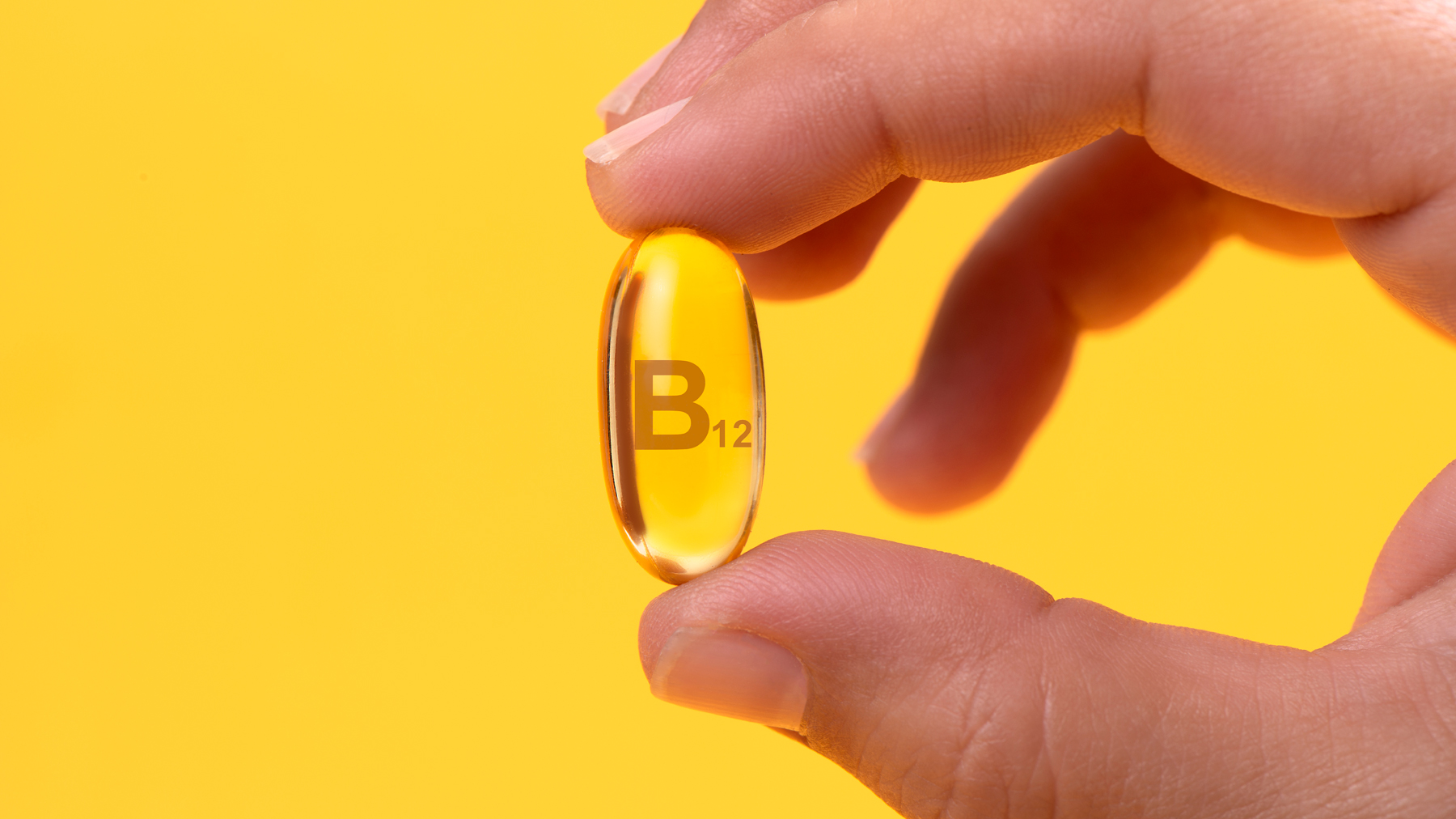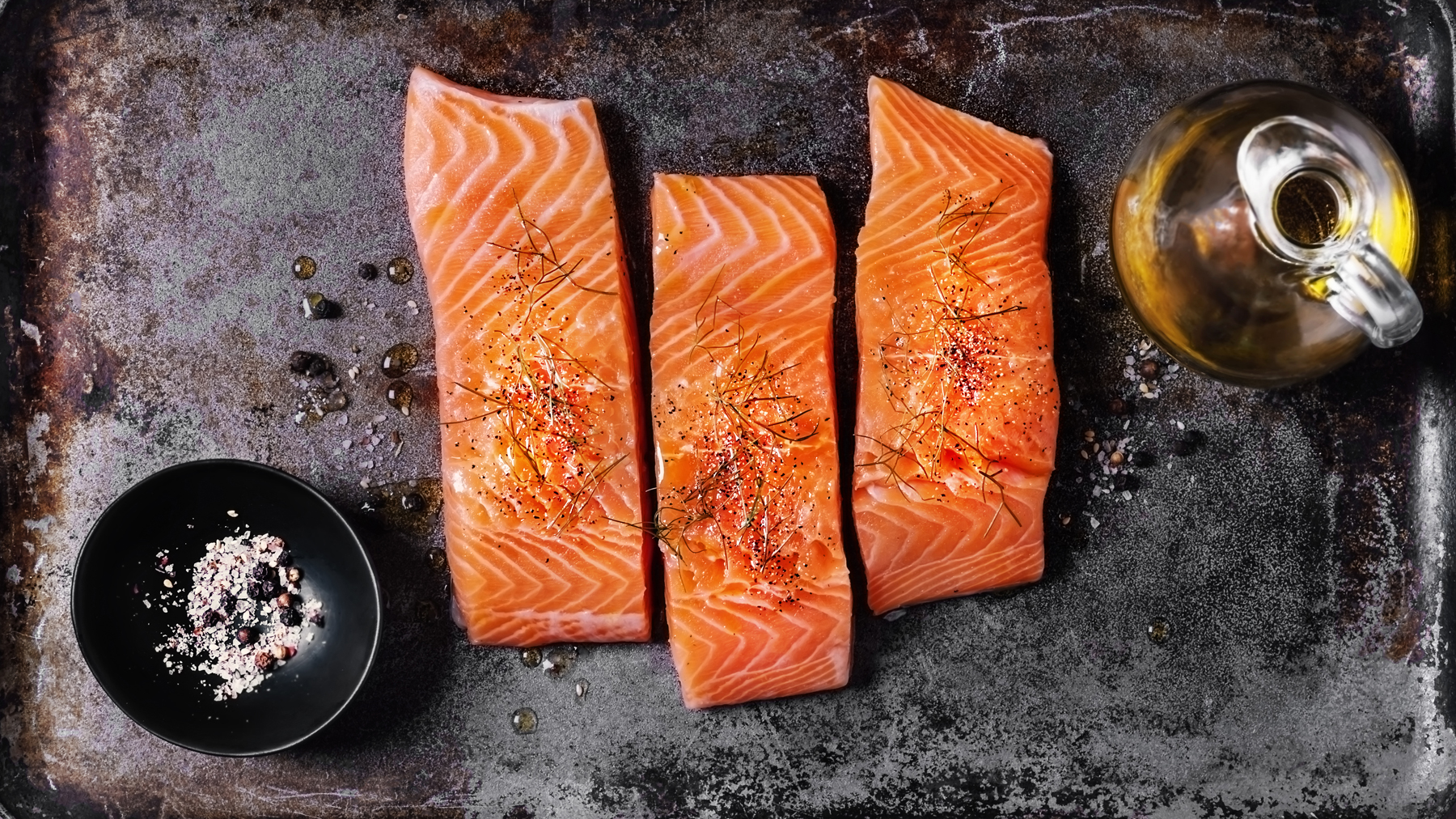
Does B12 give you energy? B12 may be one of many B vitamins, but it is an important little powerhouse of a vitamin that is important for many of our bodily functions.
The best B12 supplements are a great way to stay topped up as B12 is vital for our central nervous system, as it helps to protect our nerves and aids in the creation of neurotransmitters, which are the chemical messengers that carry information from one nerve cell to another.
Our nervous system underpins every bodily function we have, carrying messages from the brain and spinal cord all over the body to keep it working properly. It also helps our bodies to access the energy in the food we eat and convert it into a form that the body can use. This process is called the citric acid cycle and occurs on a cellular level; it is responsible for the production of energy in the mitochondria.
As many of us know, vitamin B12 is one of the most common vitamin deficiencies, particularly those on a plant-based diet, as most B12 comes from animal sources. As such, it’s listed as one of seven essential nutrients vegans often lack, and those on a plant-based diet might end up with a B12 deficiency if they aren’t supplementing.
Does B12 give you energy?
A 2020 review in the Nutrients journal indicates that the involvement of vitamin b12 and other vitamins in energy-yielding metabolism, DNA synthesis, oxygen transport, and neuronal functions makes them critical for brain and muscular function. As such, B12 is one of the many building blocks our bodies use to access energy from food, so while it may not directly give us energy in the way a sugar cube might, it does help us to unlock the energy we consume and make it usable for our bodies.
Dietician, representative for Pro Plus and founder of Nutrition and Co, Jenaed Brodell, explains how B12 can help keep us feeling energized. “Vitamins B12 plays a key role in ensuring that the brain achieves its full potential by converting food into energy, as well as promoting the creation of red blood cells that carry oxygen to the brain,” she says. “Essentially, vitamin B12 helps to keep us energized and focused day-to-day, while helping to promote long-term brain health.”
What can happen when your body is low on B12?
Brodell explains why we feel bad when we’re low in B12: “A dip in B12 production means there’s less oxygen to keep your cells going, which can lead to people feeling tired and weak,” she says.
Start your week with achievable workout ideas, health tips and wellbeing advice in your inbox.
A study in the Lancet journal of neurology indicates that long term B12 deficiency may contribute to the development of degenerative cognitive disorders such as dementia and Alzeimer’s disease. Due to the vital role B12 plays in brain and nervous system function, for long-term brain health it is vital that we make sure we are getting enough.
Leading nutritionist and formulator for WelleCo, Dr Simoné Laubscher tells us more about the symptoms of B12 deficiency you should be watching out for. “Vitamin B12 is essential for a multitude of processes, such as protein metabolism, and the formation of red blood cells and the central nervous system,” she says. “However, as it’s not produced by the body and has to be consumed, B12 deficiency is relatively common, particularly in certain groups of people, such as those who don’t consume animal-based products, in which B12 is typically found, and older people, given that our ability to absorb B12 from food declines with age.
“Symptoms can range from fatigue and headaches, which are brought about through the decrease in normal red blood cell production resulting from deficiency; through to the likes of depression and mood disorders, caused as a result of your central nervous system not getting the B12 that it requires in order to function effectively. It can even stunt your hair growth cycle!”
What foods are high in vitamin B12?
Laubscher explains that those on a plant-based diet need not despair: fortified foods can help vegans get their daily dose of vitamin B12. In fact, a 100g serving of almond milk contains 0.45 micrograms of B12. “Most of the good sources for vitamin B12 are animal-based, such as meat, fish and dairy products – though it is sometimes fortified in some foods, such as some plant-based milk, for example,” she says. “You can also improve your gut health to absorb more Vitamin B with pre and probiotics, which can be found in supplements, as well as in food sources such as kimchi, aloe vera, sauerkraut, flax seeds and chia seeds.” Learning how to improve gut health can have a very positive effect on energy levels.
One of the top six vitamin B12 foods is salmon, so if you don’t eat meat but do eat fish, you may find that your B12 levels are as they should be.

What else can you do to boost your energy levels?
Brodell gives her top tips for keeping your energy levels up throughout the day:
- “Try not to skip breakfast - A healthy, balanced breakfast will help fuel your mind, body, and performance throughout the day. Go for healthier options with a combination of high fiber carbohydrates and protein such as porridge made with berries, nuts and seeds or scrambled egg on wholemeal toast. This will ensure steady blood sugar release throughout the day as well as promoting satiety (fullness).
- “Opt for higher fiber carbohydrates throughout your day – Because different kinds of foods are converted to energy at different rates, some — such as sweets and chocolate — can give you a quick lift, while others — such as whole grains and healthy unsaturated fats — supply the reserves you'll need to draw on throughout the day. Limit the refined sugar to only when you are experiencing a craving and not because of boredom or stress. While you may get a quick boost, that feeling fades quickly and can leave you depleted and craving more.
- “Hydration is key - Hydration is one of the most important, and often overlooked, considerations in overcoming tiredness. Even mild dehydration can cause fatigue and exhaustion, impacting your ability to concentrate and even make tasks feel more difficult. If you feel as though your energy levels are flagging, one of the best things you can do is reach for a glass of plain old water - the NHS recommends that we all try to drink between 1.5 and 2 liters of water a day.
- “Use caffeine strategically - Whether you struggle to get into gear in the morning or suffer from the dreaded mid-afternoon slump, caffeine can help to increase alertness and sharpen your mind. Caffeine is an incredibly well researched performance enhancer with a greater effect when consumed in its ‘anhydrous’ or more concentrated state, such as a caffeine tablet, as compared to coffee."

Lou Mudge is a Health Writer at Future Plc, working across Fit&Well and Coach. She previously worked for Live Science, and regularly writes for Space.com and Pet's Radar. Based in Bath, UK, she has a passion for food, nutrition and health and is eager to demystify diet culture in order to make health and fitness accessible to everybody.
Multiple diagnoses in her early twenties sparked an interest in the gut-brain axis and the impact that diet and exercise can have on both physical and mental health. She was put on the FODMAP elimination diet during this time and learned to adapt recipes to fit these parameters, while retaining core flavors and textures, and now enjoys cooking for gut health.
